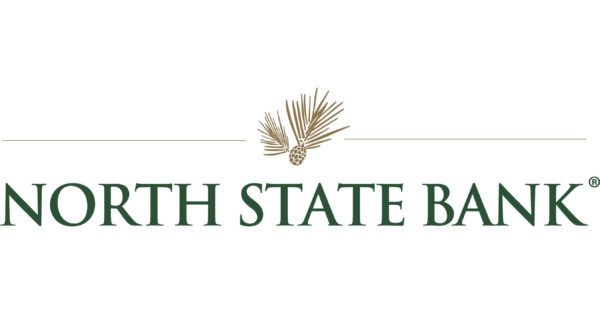NEWS RELEASE
For more information, contact:
Amanda M. Lloyd
Executive Vice President and Chief People OfficerALloyd@NorthStateBank.com
919.855.9925
December 10, 2020
RALEIGH, N.C. . . . North State Bank (the “Bank”) named Corey Barbour as a commercial banker for Raleigh’s North Hills office, announced Amanda Lloyd, executive vice president and chief people officer.
Barbour will support the needs of existing business customers and will cultivate new commercial relationships. Prior to joining North State, he was a senior business banking specialist at Wells Fargo and a business banker at PNC.
“Business banking is one area where North State differentiates itself,” commented Lloyd. “With Corey, we are aligning the agility and expertise we have as a local, independent bank with a seasoned business banker. That creates a powerful partnership and resource for customers.”
Barbour is an alumnus of Fayetteville State University where he earned a Bachelor of Science in Business Administration and he completed the University of North Carolina Wilmington Cameron School of Business Executive Program. He is a member of Kappa Alpha Psi Fraternity, Inc., serves on the Fayetteville State University Foundation Board and is a recipient of the Excellence Award from the YMCA of Wilmington.
“The best part of my role is serving our business community and helping companies succeed, especially in an area such as Midtown Raleigh that is continuously growing and changing,” shared Barbour. “I’m thrilled to join an organization that is as passionate about service as I am.”
Founded in 2000, North State Bank is an independent, full-service community bank serving Wake and New Hanover counties through seven offices and serves the community management association industry through its division, CommunityPLUS. In 2020, the Bank marked its 20th year in business.
###


NorthStateBank.com
This news release may contain forward-looking statements. Actual results might differ materially from those projected in the forward- looking statements for various reasons, including our ability to manage growth, changes in real estate values and the real estate market, regulatory changes and increased deposit insurance assessments, economic conditions, changes in interest rates, substantial changes in financial markets, loss of deposits and loan demand to other savings and financial institutions and our limited operating history.




